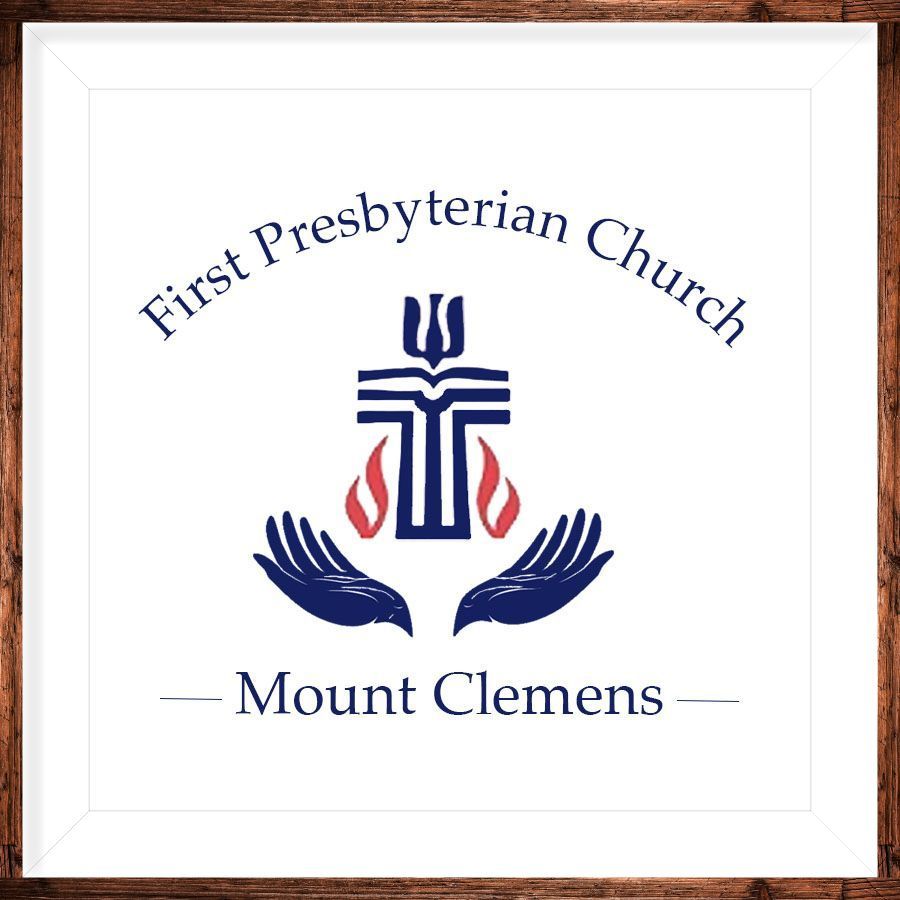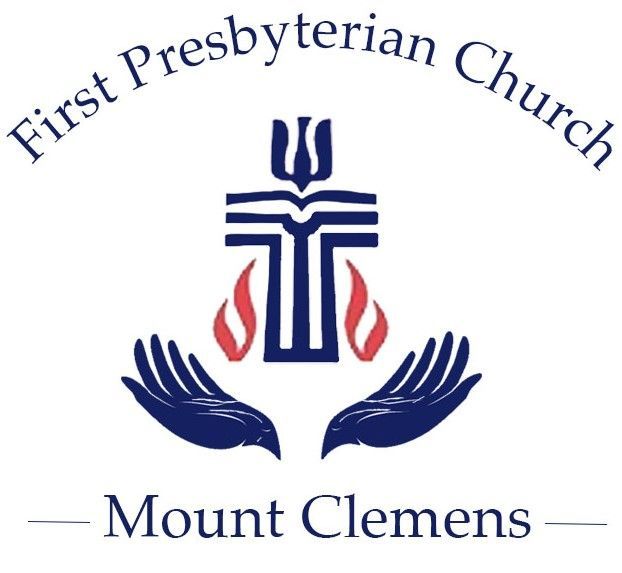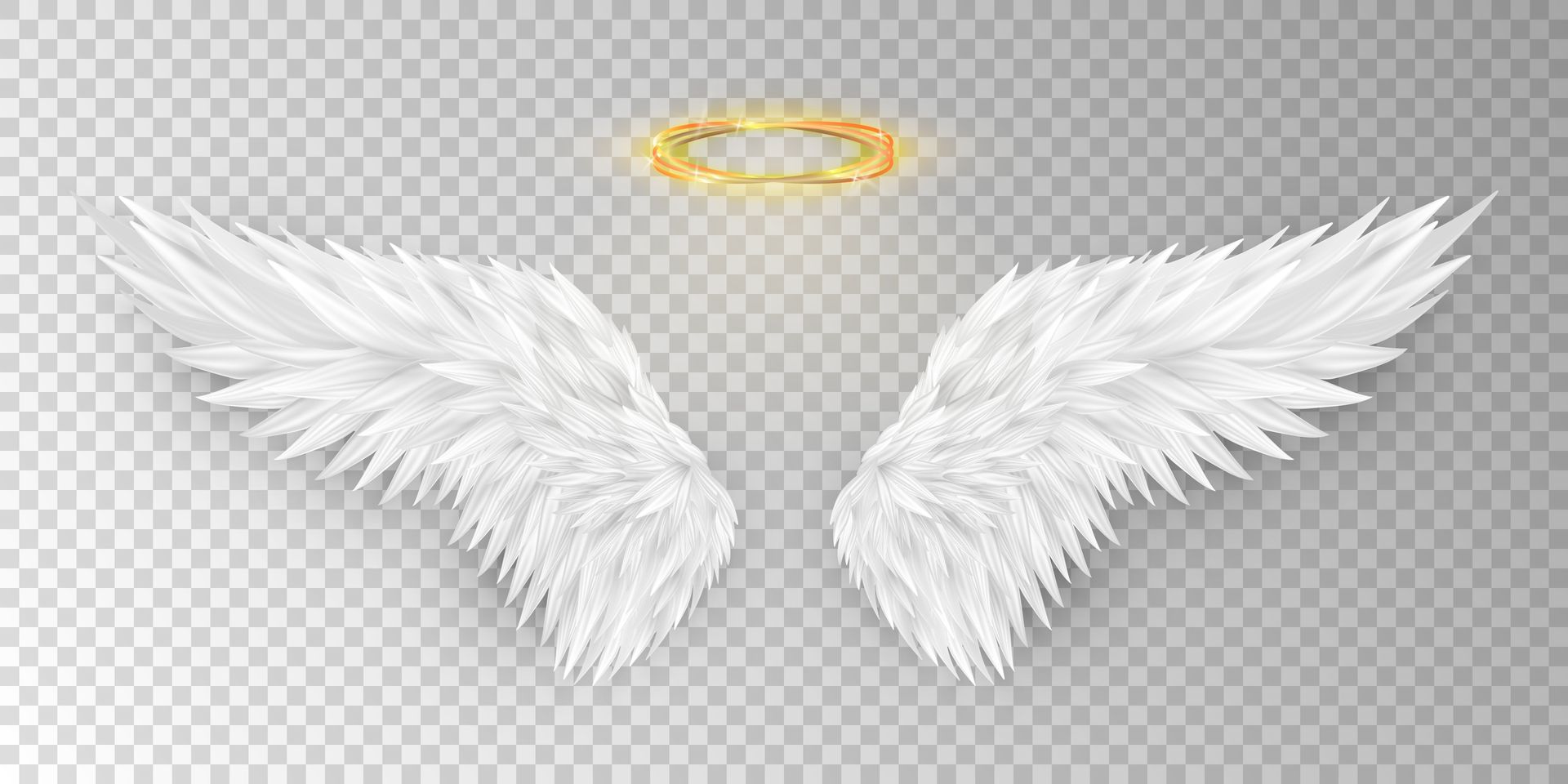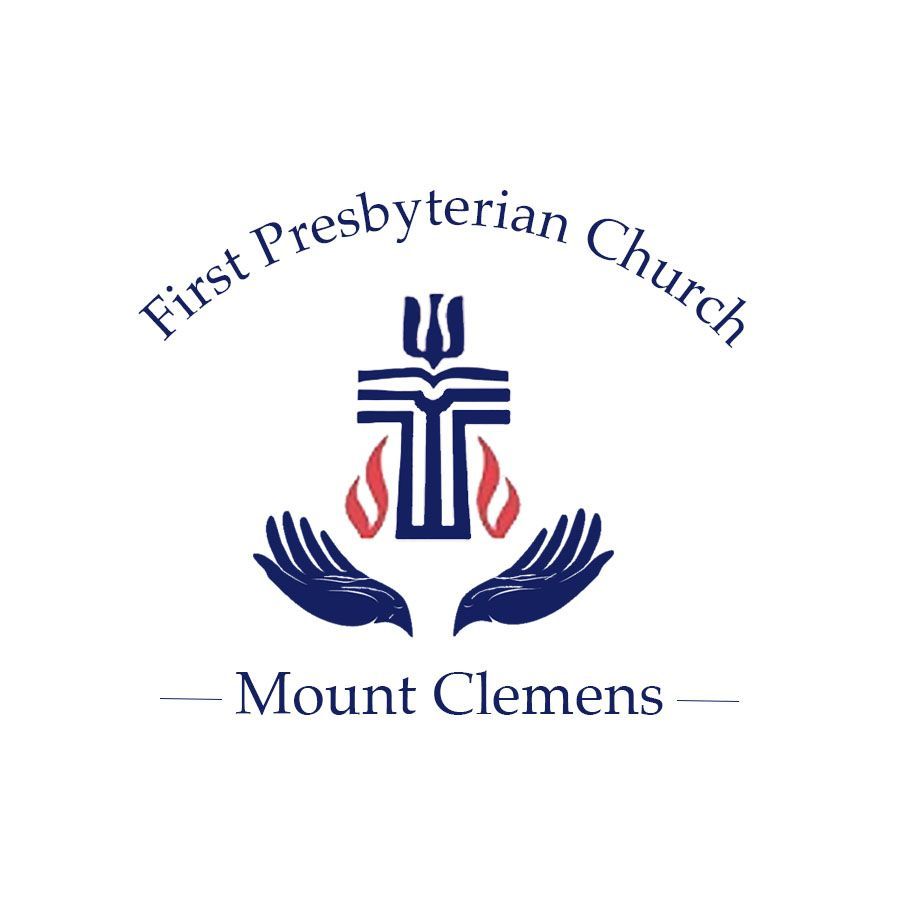Blogs
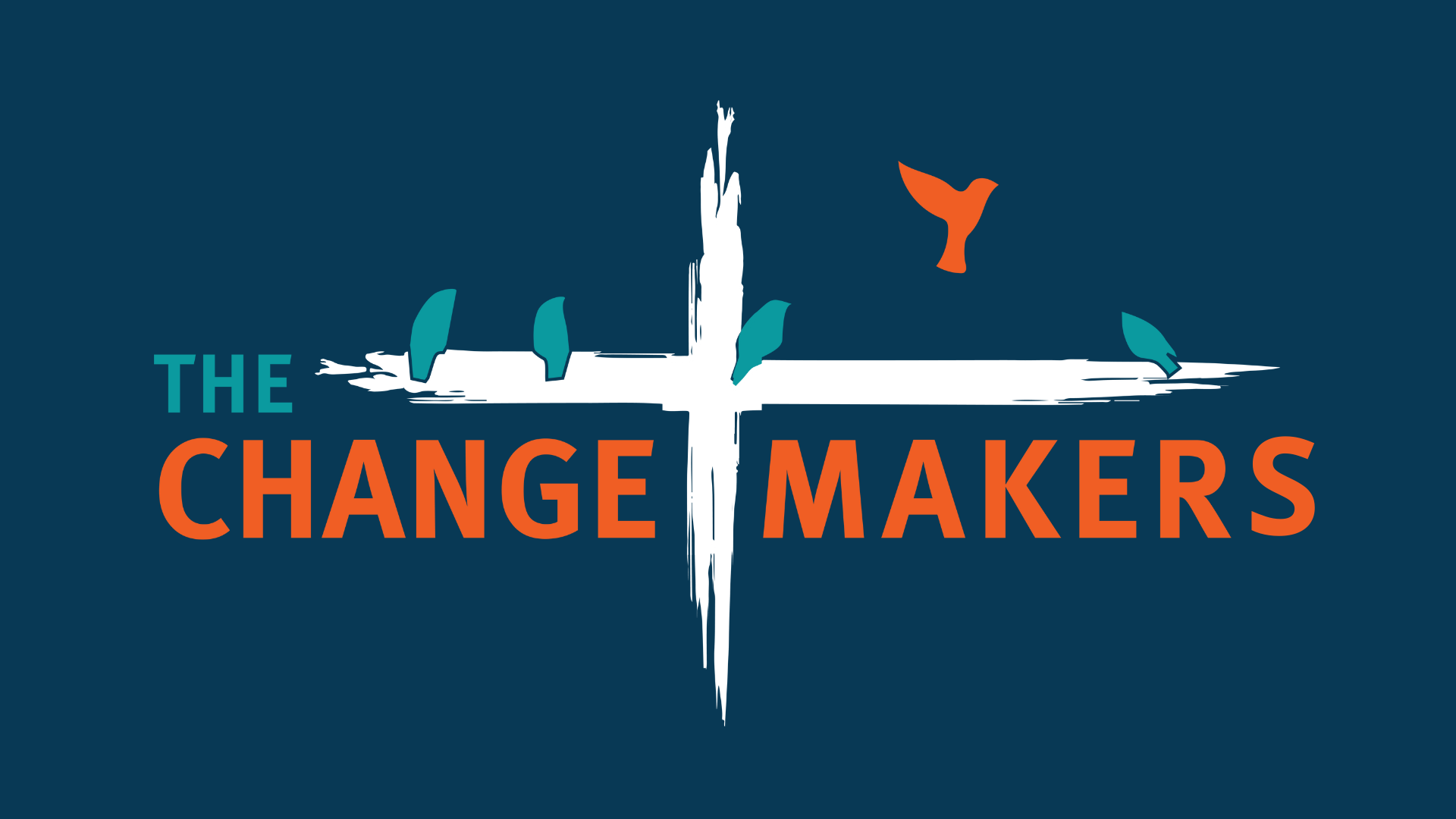
“Thus says God, the Lord, who created the heavens and stretched them out, who spread out the earth and what comes from it, who gives breath to the people upon it and spirit to those who walk in it: I am the Lord; I have called you in righteousness. I have taken you by the hand and kept you, a light to the nations, “ (Isaiah 42:5-6 NRSVYE)

“What then is Apollos? What is Paul? Servants through whom you came to believe, as the Lord assigned to each. I planted, Apollos watered, but God gave the growth. So, neither the one who plants nor the one who waters is anything, but only God who gives the growth. The one who plants and the one who waters have one purpose, and each will receive wages according to their own labor. For we are God’s coworkers, working together; you are God’s field, God’s building. 1 Corinthians 3:5-9 NRSVUE
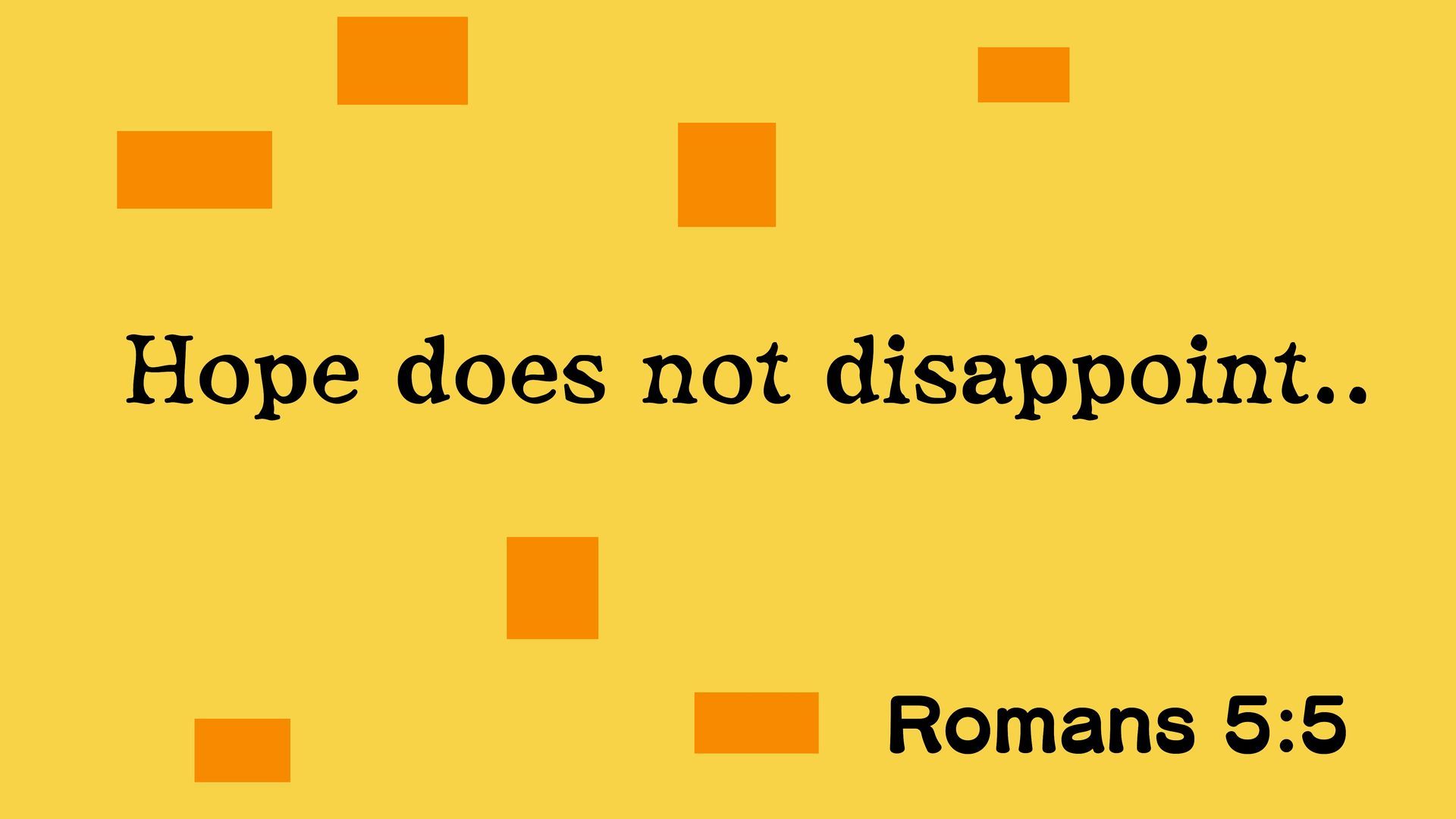
"We also celebrate in seasons of suffering because we know that when we suffer, we develop endurance, 4 which shapes our characters. When our characters are refined, we learn what it means to hope and anticipate God’s goodness. 5 And hope will never fail to satisfy our deepest need because the Holy Spirit that was given to us has flooded our hearts with God’s love.” Romans 5:3-5(The Voice)

“So, here’s what I want you to do, God helping you: Take your everyday, ordinary life—your sleeping, eating, going-to-work, and walking-around life—and place it before God as an offering. Embracing what God does for you is the best thing you can do for him. Don’t become so well-adjusted to your culture that you fit into it without even thinking. Instead, fix your attention on God. You’ll be changed from the inside out.” Romans 12:1-2 (The Message)
